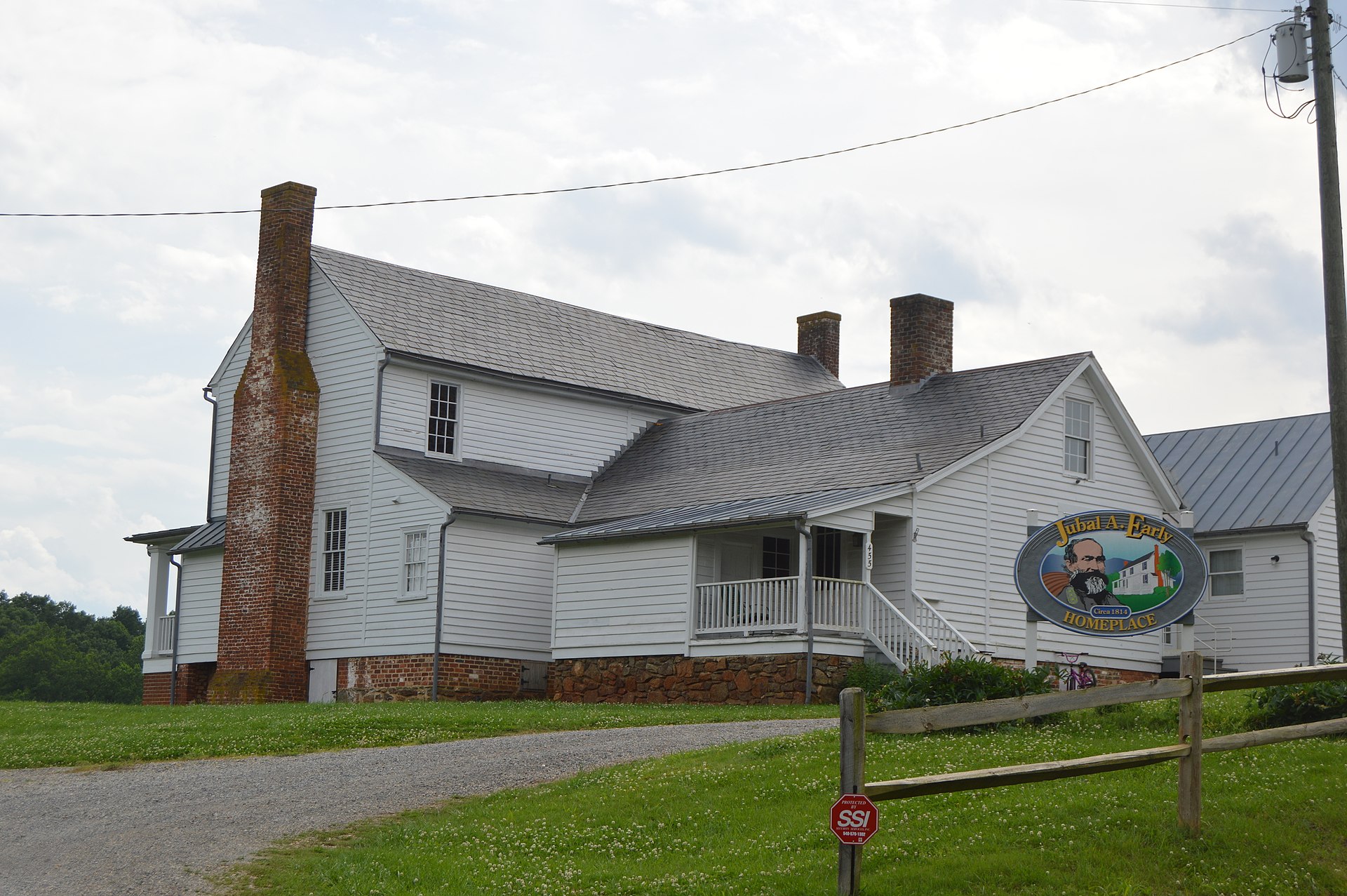About Publications Library Archives
heritagepost.org

Preserving Revolutionary & Civil War History

Preserving Revolutionary & Civil War History

Always an irascible officer, Jubal A. Early suffered overwhelming defeats in the Shenandoah Valley and went on after the conflict to wage a literary war with a fellow Confederate corps commander. A West Pointer (1837) from Virginia, Early had served one year in the artillery, and later in the Mexican War as a major of volunteers, before taking up law. Also involved in politics, he served in the legislature.
Leading a brigade at 1st Bull Run and Williamsburg, he was wounded at the latter. Returning to duty, he was given another command on the day of Malvern Hill. At Cedar Mountain and 2nd Bull Run he directed this unit and continued until he succeeded to division level at Antietam. He went on to Fredericksburg, Chancellorsville, and Gettysburg and commanded the corps in the Mine Run operations. Detached, he commanded in the Shenandoah during the winter of 1863-64. After the battle of the Wilderness he took over temporary control of Hill’s Corps during the operations at Spotsylvania. He directed his division at the North Anna and took over Ewell’s Corps before Cold Harbor.
A couple of weeks later this command was sent back to the Valley and Early invaded Maryland, fighting at Monocacy and on the outskirts of Washington. Falling back to Virginia, he dispatched part off his cavalry to burn Chambersburg, Pennsylvania, in retaliation for Union devastation. In September and October he was defeated in a series of disasters at the hands of Sheridan. The reverses at 3rd Winchester, Fisher’s Hill, and Cedar Creek ended his power in the Valley and the old 2nd Corps and was recalled to Lee in December.
However, Early remained with a small force that was destroyed at Waynesborough the following March. Lee then removed him, explaining that he was forced to by public reaction and the fact that he could not defend his subordinate without revealing how weak the Confederacy was. Early fled to Mexico but soon returned to practice law. He was connected with the Louisiana Lottery and was president of the Southern Historical Society. Becoming a defender of Lee, he feuded with Republican convert James Longstreet until his death.